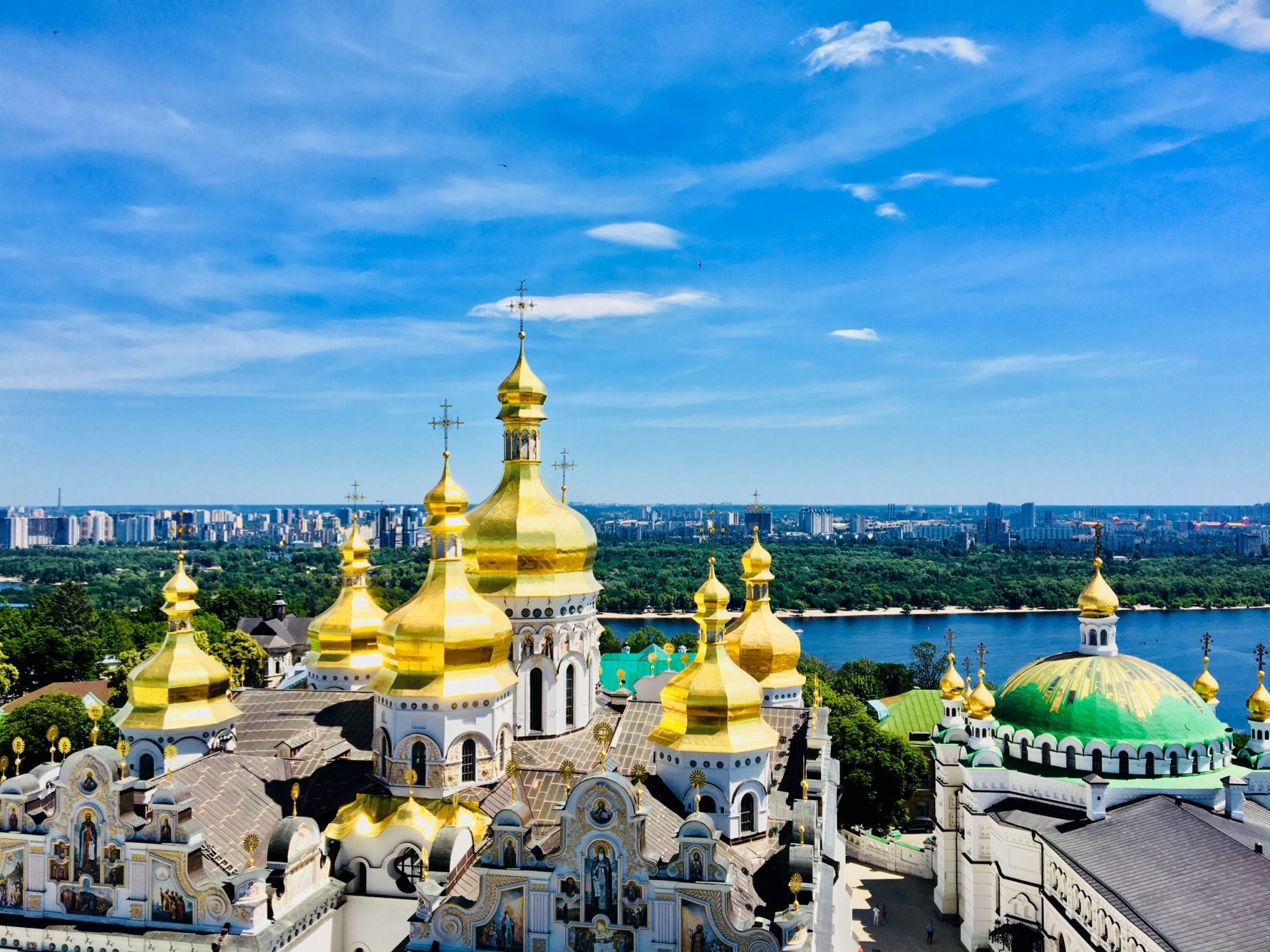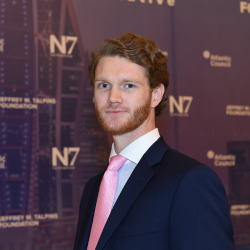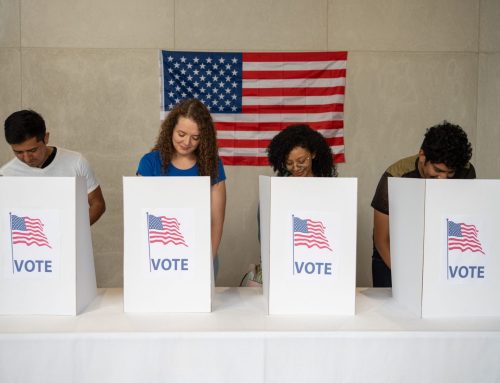Washington D.C. – Ukrainian victory will not be limited to beating Russia on the battlefield. Winning also means rebuilding from this war as a robust democracy grounded in the rule of law and ready to join Europe. Ukrainians know this. Even as generals and soldiers fight trench by trench to expel Russian invaders, a second army of government bureaucrats and civil society advocates in Kyiv has been quietly mobilizing to win the peace. They have reorganized ministries and built digital tools that will make the recovery and reconstruction process unprecedented in its transparency and accountability.
Two reports newly published by the Alliance for Securing Democracy at the German Marshall Fund (ASD at GMF) and two leading Ukrainian think tanks, the Better Regulation and Delivery Office (BRDO) and the Institute for Analytics and Advocacy (IAA), map the new Ukrainian civil society coalitions and government institutions that are preparing for a Marshall Plan. These landscape analyses can help the international donor community find entry points in Ukraine for collaborating with civil society and further deepening the governance capacity of key state institutions.
Josh Rudolph, senior fellow and head of malign finance and corruption at ASD at GMF said, “Ukraine is ready to begin a Marshall Plan. Its civil society and government ministries are working hard to ensure that the process will be unprecedented in its transparency and accountability. Ukraine’s allies should continue investing in these Ukrainian institutions, condition aid upon further reforms, and deepen engagement with Ukrainian civil society”.
The first report, “Civil Society in Ukraine’s Restoration”, co-authored with experts from IAA, recommends six ways donors can deepen their engagement with Ukrainian civil society:
- Give Ukrainian NGOs an advisory seat at the Donor Coordination Table
- Provide capacity-building support to professionalize recovery-related NGO initiatives
- Establish a system for the selection of qualified implementers
- Enter the Ukrainian context through NGO coalitions and the localization of aid
- Work with Ukrainian civil society to make this the most transparent reconstruction ever
- Insist upon cooperation with Ukrainian NGOs
Yurii Romashko, CEO of IAA said, “Ukraine has one of the most unique and vibrant civil societies in the world. Ukraine’s civil society is mature, diverse, and mobilizing. Today, when we face a common and unprecedented challenge – the reconstruction of Ukraine, with estimated needs of over $400 billion – the involvement and diverse roles of CSOs in the life cycle of reconstruction are crucial. That’s why we insist that all projects include partners not only in the public and private sectors but also Ukrainian NGOs”.
The second report, “Kyiv’s Mobilization for Restoration”, co-authored with experts from BRDO, recommends conditioning assistance upon policy priorities across three areas:
- Governance Capacity: Coordinate reforms through the Multi-Agency Donor Coordination Platform. Work with Ukraine to develop shared rebuilding plans and deepen capacity among the dozens of institutions that will be involved in recovery and reconstruction.
- Transparency: Insist on the usage of the Digital Restoration Ecosystem for Accountable Management (DREAM) and prioritize open data.
- Accountability: Coordinate international auditors through a Kyiv-based fusion cell and support further development of anti-corruption law enforcement agencies.
Oleksii Dorogan, CEO of BRDO and Chairman of RISE Ukraine said, “We need millions of eyes on the reconstruction of Ukraine to ensure it is as efficient and corruption-free as possible. Ukraine has been busy building out institutions, processes and digital systems while fighting Russia’s illegal war of aggression. To ensure the world sees deep into reconstruction, we’re bringing context, knowledge, and gap analysis to the public, at home and abroad, to better understand the nuance of rebuilding, and help monitor and engage with reconstruction efforts”.





